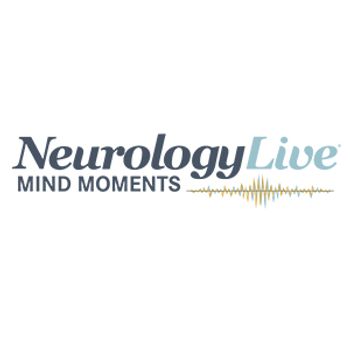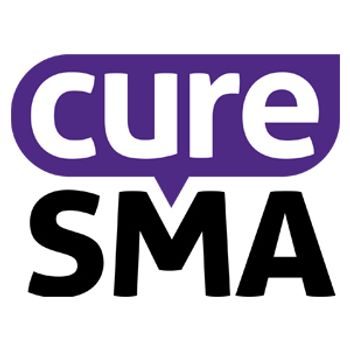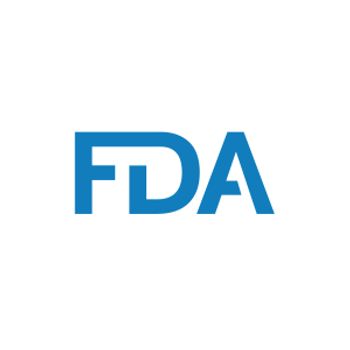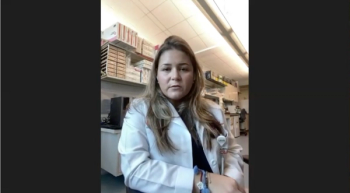
Researchers noted that the development of a simple scale focused on abnormalities in dementia with Lewy bodies may help to further incorporate the EEG in clinical decision-making.

Researchers noted that the development of a simple scale focused on abnormalities in dementia with Lewy bodies may help to further incorporate the EEG in clinical decision-making.

For both surgical and nonsurgical patients, delirium may play a role as an independent risk factor for long-term cognitive decline, implying that the reduction of the former may improve the latter.

The director of the Lou Ruvo Center for Brain Health and neurologist at Cleveland Clinic discussed the potential of aducanumab and the amyloid theory in patients with Alzheimer disease.

The goal is to improve the delivery of care and outcomes for patients with epilepsy as they transition from pediatric to adult care settings, where there is often less oversight.

A follow-up cohort study demonstrates that educating optometrists on the importance and utility of a validated migraine screening tool is a simple, low-time investment intervention, the researchers stated.

The vice president of science and medical at Dreem discussed how the company’s headband device stacked up against polysomnography for sleep monitoring.

The head of the Non-Invasive Brain Stimulation Lab at the Santa Lucia Foundation discussed the phase 2 findings and offered takeaways on rotigotine’s possible place in Alzheimer treatment.

Endovascular treatment may benefit patients with emergent large vessel occlusion and target mismatch profiles regardless of the time from onset.

The subcutaneous injection is indicated in patients with anti-aquaporin-4 antibody positive NMOSD.

Patients with refractory temporal lobe epilepsy may be more inclined to opt for surgery when they understand the long-term cost effectiveness, as well as rates of increased seizure freedom and reduced seizure relapses.

Neurology News Network for the week ending August 15, 2020.

Take 5 minutes to catch up on NeurologyLive's highlights from the week ending August 14, 2020.

Recent news that the FDA has granted the fastest possible review for Biogen’s Alzheimer disease treatment aducanumab may be indicative of the agency’s increasing confidence in the drug.

The director of the Center for Neurological Restoration at Cleveland Clinic describes the greatest unmet needs in Parkinson disease research.

"Mind Moments," a podcast from NeurologyLive, brings you an exclusive interview with Richard Finkel, MD.

The vice president of science and medical at Dreem offered an overview of the hardware that makes up the Dreem Headband and how it was developed to monitor sleep.

Advocacy organization Cure SMA provides guidance for health care providers caring for patients with SMA during the ongoing COVID-19 pandemic.

The director of the Sagol Center for Hyperbaric Medicine and Research at Yitzhak Shamir Medical Center explained his research with hyperbaric oxygen therapy and explored the potential it may hold as a regenerative treatment.

Notably, the data unveiled a previously unreported link between a positive family history of parkinsonism and dementia, and carbon monoxide poisoning.

The drug is indicated in patients with a confirmed mutation in the DMD gene that is amenable to exon 53 skipping.

Larger social network effective size correlated with better physical function, while network constraint correlated with worse physical function in those with multiple sclerosis.

A review of clinical literature and evidence suggests that the gammaCore device (electroCore) is safe and effective in the treatment of cluster headache and migraine, and carries potential to treat more.

The postdoctoral fellow at the University of Miami Miller School of Medicine detailed the role that increased APOE ε4 expression can have on future research and clinical care.

The director of the Sagol Center for Hyperbaric Medicine and Research at Yitzhak Shamir Medical Center offers insight into the attempt to regenerate injured tissue in the brain as a way to potentially treat Alzheimer disease and dementia.

The co-director of the Neurological Clinical Research Institute at Massachusetts General Hospital spoke to findings of the phase 2 CENTAUR trial of AMX0035 in amyotrophic lateral sclerosis.

After receiving fast track designation by the FDA in January 2018, pegunigalsidase alfa now has a PDUFA date scheduled for January 27, 2021.

A cohort study showed that those with relapse activity who received DMTs accounted for a greater percent of time with a reduced Multiple Sclerosis Severity Score progression slope during SPMS.

The medical director of the New England Institute for Neurology and Headache and chief medical officer of the New England Institute for Clinical Research detailed the end points and long-term goals of the phase 2 JUNIPER upper limb spasticity trial.

Trial data suggest that management of vitamin D deficiency should be considered in patients with frequent attacks of benign paroxysmal positional vertigo.

Future studies are needed to determine the preferential antihypertensive medication in patients after experiencing a stroke, despite the results suggesting a gap in secondary prevention of stroke.